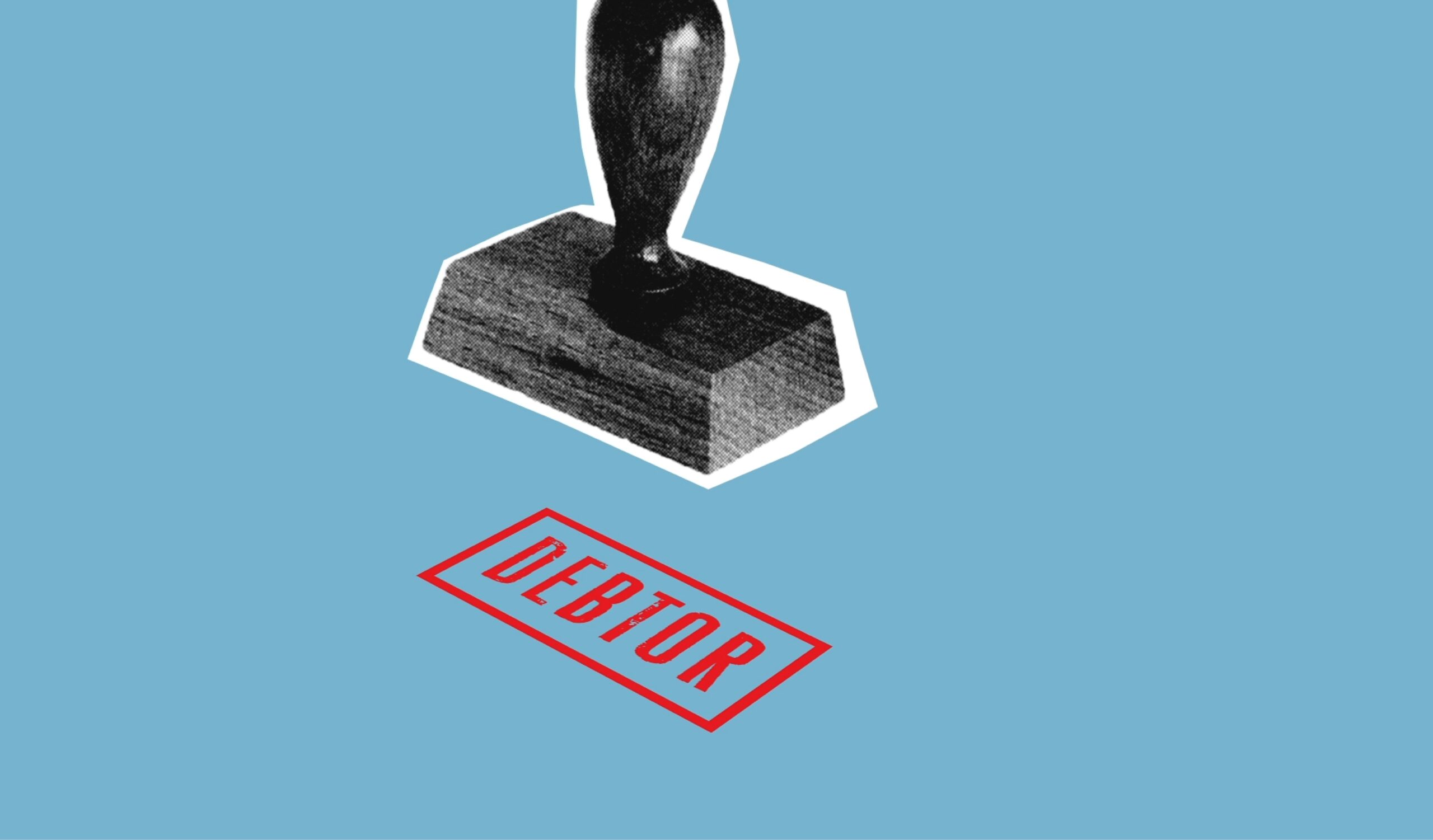
The Bounce Back Loan Scheme (BBLS) was introduced by the government in response to criticism that the Coronavirus Business Interruption Loan Scheme was not providing smaller businesses with access to funds quickly enough. The scheme is closed to new applications and top-up applications as of 31 March 2021.
Under the scheme, small and medium-sized businesses that were eligible could borrow up to the value of 25% of its turnover (subject to a maximum of £50,000). The loans were interest free for the first 12 months and 100% guaranteed by the government.
It is often the case when companies obtain a loan that a director is required to provide a personal guarantee as security for the borrowed funds. In doing so, if the company is unable to repay the loan, the director can be pursued by the lender for repayment. Depending on what has been offered as security, this could put the director’s personal assets, such as their home, in jeopardy.
Bounce Back Loans were therefore particularly attractive for directors of eligible businesses, as they were not required to provide personal guarantees. However, this benefit only applied subject to certain conditions being met, which involve upholding directors’ duties and complying with the rules of the Bounce Back Loan Scheme.
Rules on use of Bounce Back Loans
Bounce Back Loans must be used to “provide an economic benefit to the business”. What does this mean in practice? This can cover aspects such as:
- boosting cash flow;
- paying bills;
- employee wages;
- buying raw materials and stock;
- refinancing;
- paying (but not increasing) director salaries; and
- paying dividends (only if the balance sheet shows sufficient profit to do so).
The Bounce Back Loan Agreement
Whilst directors were not required to provide personal guarantees to obtain a Bounce Back Loan, the loan agreement required directors to confirm that the business is not classed as a “business in difficulty”, specifically that:
- the company can pay its debts as and when they fall due; and
- the value of the company’s assets is more than the amount of its liabilities.
When could a director be held liable?
If a company enters a formal insolvency procedure, the administrator or liquidator will investigate the reasons for the insolvency, which involves examining the actions of the company’s directors in the period leading up to the insolvency. A director could be found personally liable (and as a result, risk bankruptcy), be disqualified from being a director and even be prosecuted in either of the following circumstances:
- Made payments to creditors ‘in preference’
When a company is at risk of becoming insolvent it must act in the best interests of its creditors as a whole. Using the Bounce Back Loan to make payments to certain creditors over others could be considered creating a preference, which is not permitted and can be reversed by a liquidator up to 20 years after the event. As an example, directors might seek to prioritise:
- repaying debts that are secured with a personal guarantee over unsecured creditors;
- repaying debts owed to connected creditors such as family members whilst not meeting outstanding tax liabilities.
2. Not used the funds in accordance with the Loan Agreement
Using the loan in a way which is of no economic benefit to the company could amount to misfeasance on the part of a director. Examples could be:
- repaying personal debts;
- investing in property; or
- repaying a director’s loan account.
Latest developments
The Ratings (Coronavirus) and Directors Disqualification (Dissolved Companies) Bill is currently before Parliament which seeks to give the Insolvency Service powers to take action against directors of dissolved companies which have fraudulently claimed Bounce Back Loans. Moreover, if passed, it will be applied retrospectively, allowing conduct that took place before the bill comes into force to be investigated.
Insolvency is a complex area and it is vital to obtain expert legal advice if you are being pursued by a liquidator as a director of an insolvent company. Further, if you have used a Bounce Back Loan to repay existing debts or you are concerned about potential liability issues arising from a Bounce Back Loan and want advice, please contact our Dispute Resolution team on 0116 281 6231 or email paul.davis@bhwsolicitors.com.
Categorised in: Covid-19, Dispute Resolution, News
Tags: Commercial Law, Company Law, Coronavirus, Dispute Resolution, Insolvency